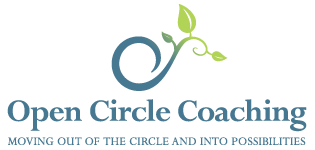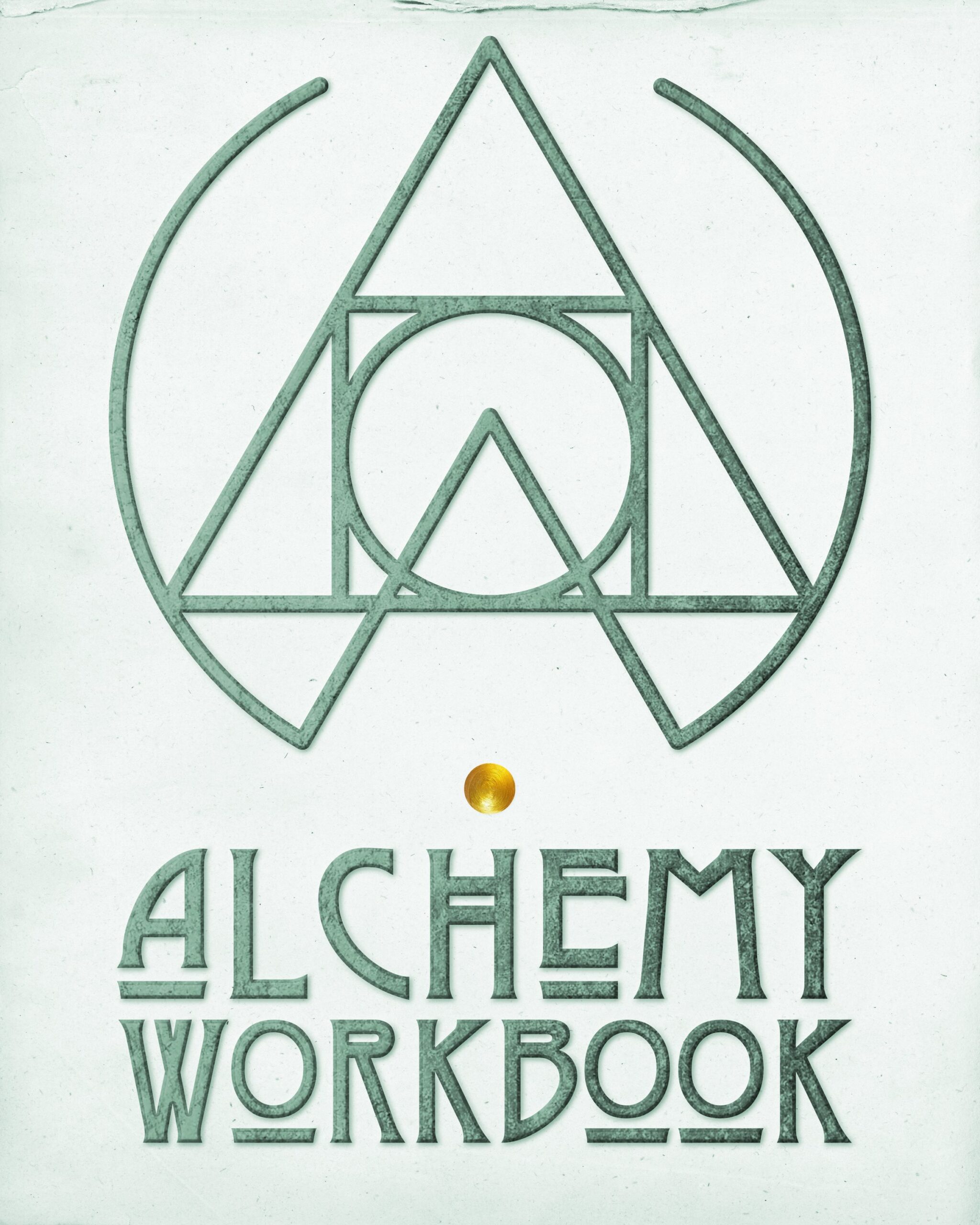How do I know if I need coaching?
- What values do I want to embody for my team?
- How can I support my team to realize their potential?
- What is holding me back from realizing my potential?
- What am I simply tolerating in my work right now?
- If I were at my best, what would I be doing?
- What would I add to my goals for my team and myself?
- What do we need to change to implement our new strategy?
- When did I last learn something new about myself or my capabilities?
By guiding you through a series of thoughtful conversations, we will find a language to describe your vision and a perspective to learn some of these answers. You will work hard during our time together, and so will I.
Who uses leadership coaching?
According to a July 2011 American Management Association survey, almost half of the responding companies use coaching to prepare individuals for a promotion or new role. More than 50% of companies provide coaches to executives, and 10% make coaches available to anyone. Though once regarded as a support for poor performers, coaching is now seen as a wise investment for top talent. (AMA, 2011) Open Circle Coaching works exclusively with leaders who are strong performers and are integral to the success of their organization.
How long does the whole coaching process take?
The duration will vary for each individual and is typically 4-6 months. This behavioral transformation requires an extended period to develop self-awareness and layered learning. The coaching relationship will be considered successful when you can identify alternative solutions in real-time as challenges arise. You will be able to design a new path forward in a timely and successful manner.
I am an HR Manager and have a limited budget. Tell me what the return on investment (ROI) is for hiring a coach for my organization.
The American Management Association determined that “coaches have a role in executive leadership development that improves organizations’ productivity and profitability.” The study went on to state that coaching provides leadership development for the benefit of the individual as well as for the organization and overall succession planning. (AMA, 2008)
Another way to think about the value of coaching is to consider these questions:
- How much is it costing your organization to not have this individual performing to his/her greatest potential?
- What would be the costs for recruiting and/or training a replacement?
How would leadership coaching be valuable for my organization?
There is an unmet need in the professional sector for personalized support to help individuals develop their leadership skills. The pace and intensity of business often does not allow the time and space for a leader to focus on his or her development. Leadership coaching provides that protected time and mental space, plus the experience and training of a coach to guide development that is lasting and authentic. Coaching, unlike training, uncovers and strengthens your innate ability to think with spontaneity and creativity while leading with passion and vision.
What are the advantages to using an external coach vs. an internal coach or mentor?
There is a high correlation between coaching success and the use of an external coach for senior executives (AMA 2008). The reasons for this success include the assurance of confidentiality and the fresh, outsider’s perspective that an external coach brings. The client can feel secure in speaking candidly and honestly, a “must” for any true learning to occur. Additionally, the company is seen as willing to invest in the development of its people and to encourage its high performers to continue to grow.
This coaching would be paid by my organization. Do our conversations still remain confidential?
Yes. I am bound by the Code of Ethics of the International Coach Federation. I will maintain the strictest level of confidentiality with all discussions, assessment test results, interviews, and any other information related to our coaching. I will have a clear agreement with you before releasing either verbally or in written form any information to another person, unless required by law.
What are your qualifications for coaching?
I am a graduate of Georgetown University’s Leadership Coaching certification program, which is accredited by the International Coach Federation and is the one of the oldest coaching certification programs in the US. Additionally, I have almost 25 years of business experience in the fields of professional development, organization development, talent management and recruitment. This experience includes counseling high potential performers at McKinsey & Co., a preeminent international management consulting firm. I have also designed employee retention programs, delivered performance feedback at all levels of an organization, and mentored the development of communication and interpersonal skills in others.
Will we meet face-to-face or can we work together online?
We can meet by phone, Zoom, or in person, depending on your location and preference.
Can I have a complimentary session?
Yes. I always offer a complimentary coaching session so that you can determine how valuable coaching would be for you. Each person’s coaching experience is wholly unique. In fact, each of your sessions would be unique, depending on what issue we are tackling that day.
How would we get started?
- We would first have a preliminary conversation (no charge) to ensure the compatibility of our personalities and working styles. You would share your initial thoughts on your coaching goals.
- If we decide to move forward, I would send you a Coaching Agreement, plus a Primary Focus Worksheet to outline your goals with measurable results.
- We would then schedule our first several conversations meeting weekly or biweekly.
- And then the learning begins…





